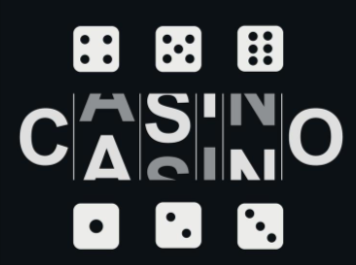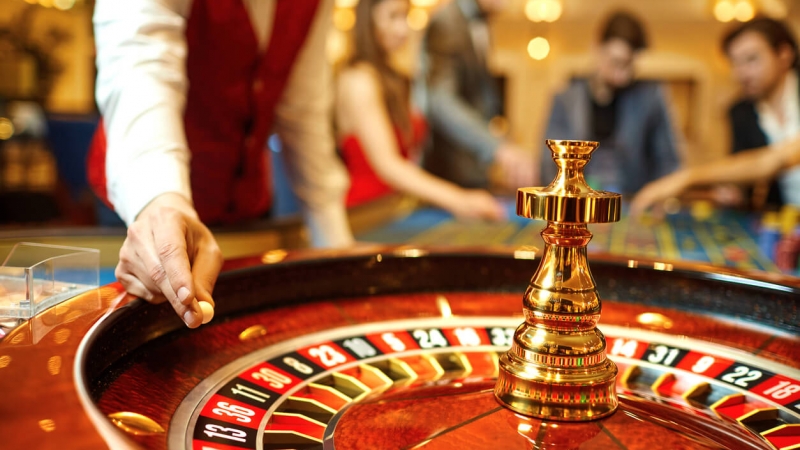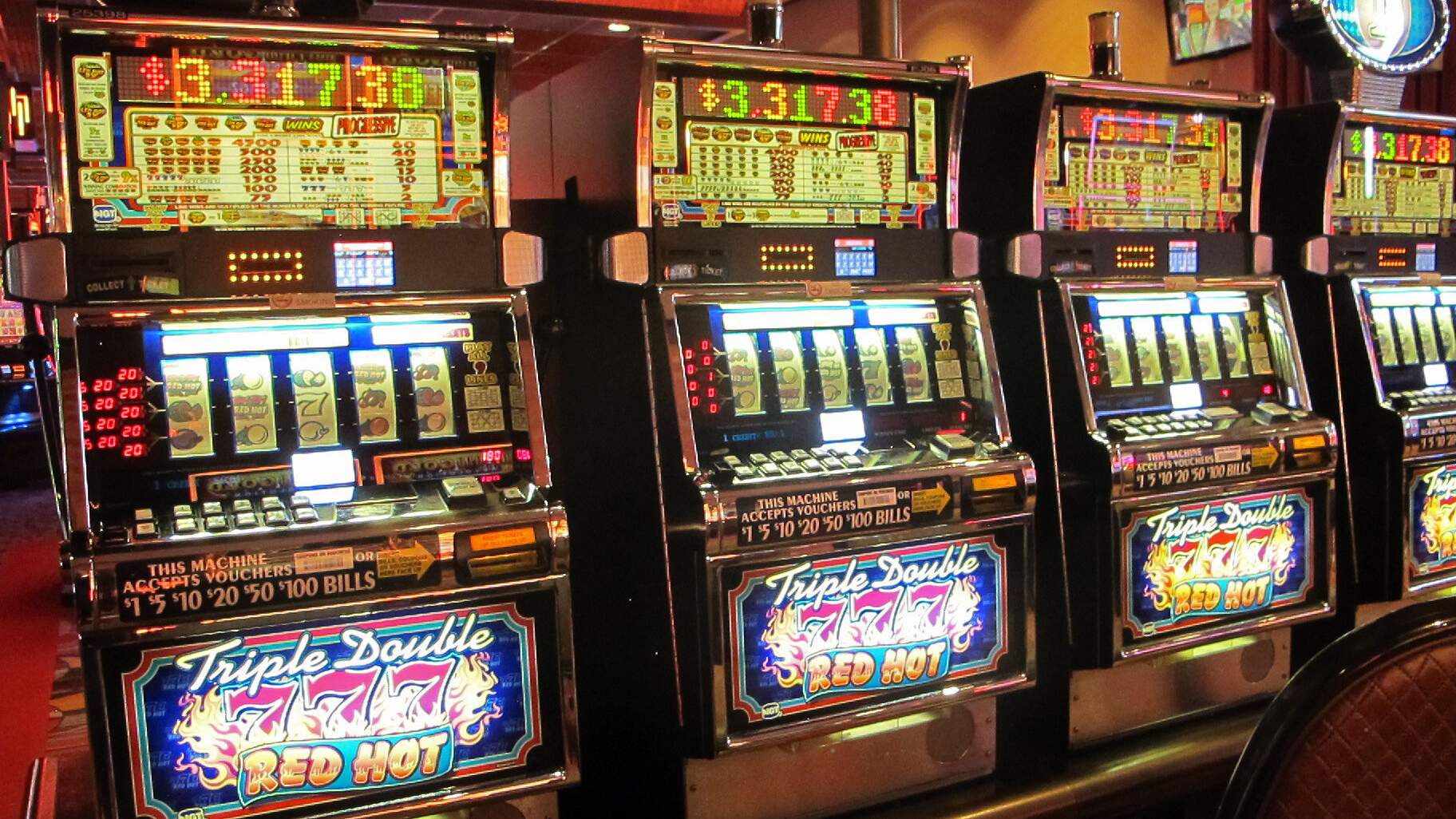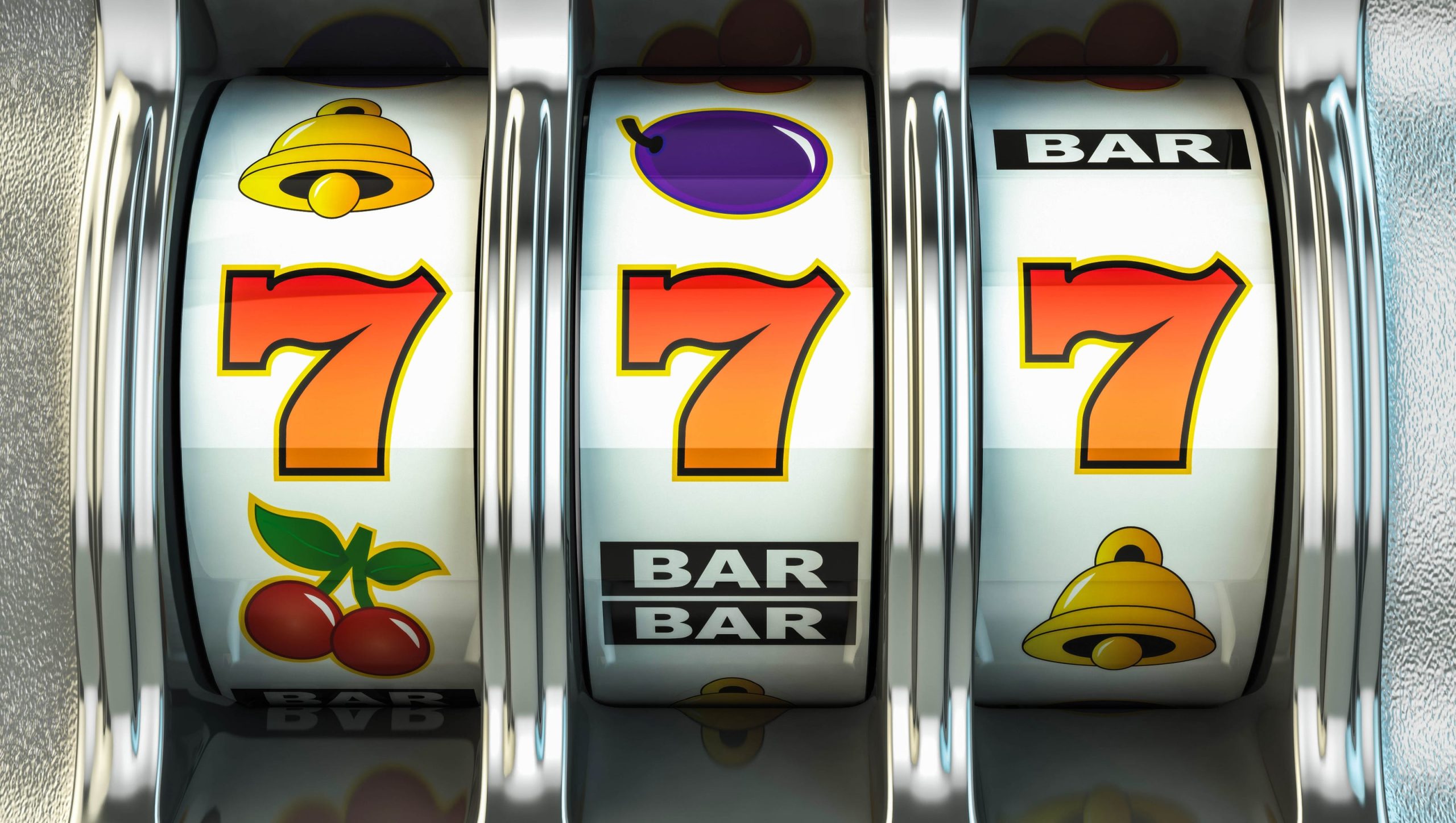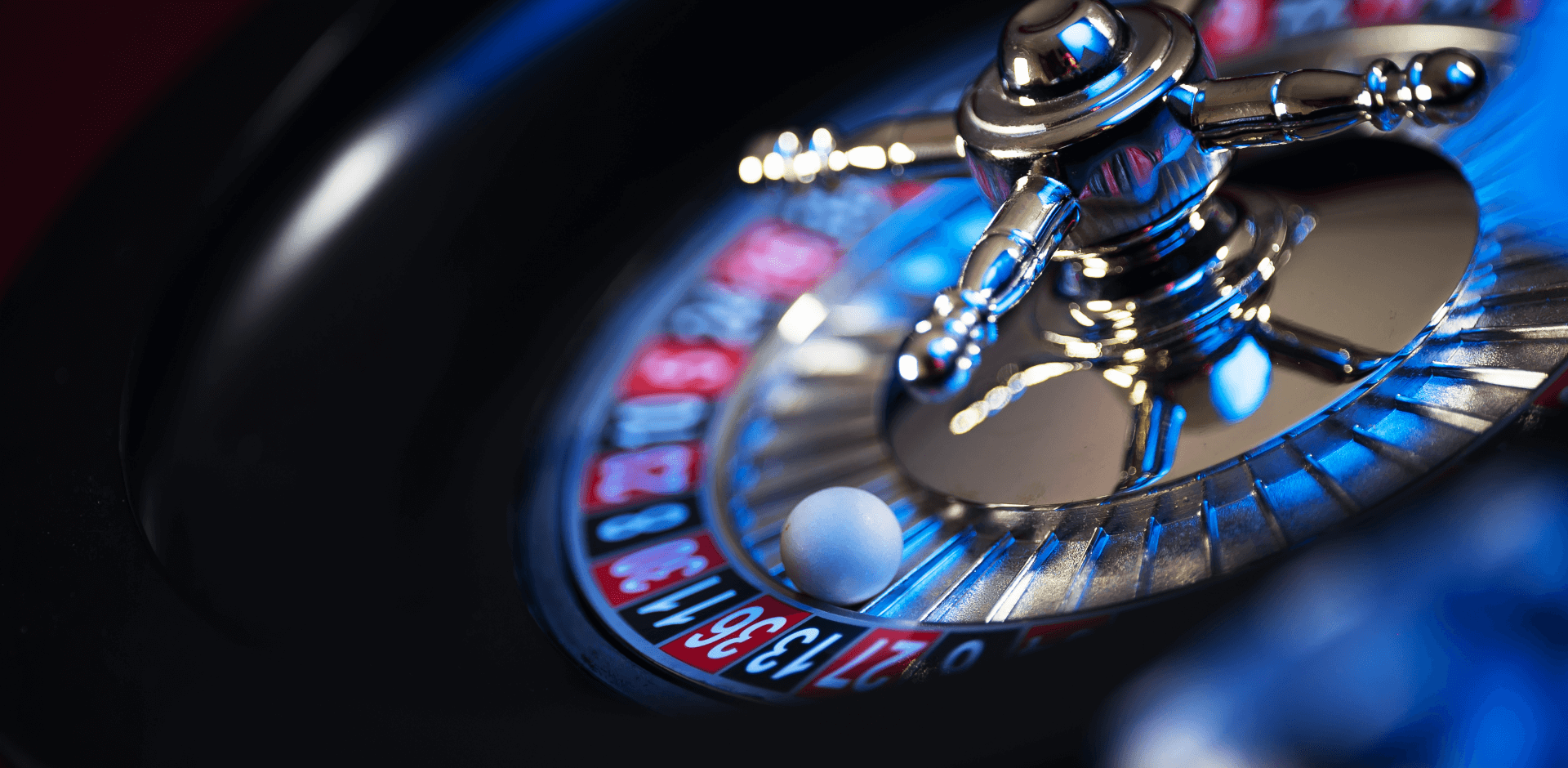In a world where connection is often a tap or swipe away, some people still find themselves deeply alone. For these individuals, the spinning reels of a digital slot machine can offer something that even real-world interactions sometimes fail to provide: a steady, predictable, and responsive presence. For thousands of isolated users, platforms like Nomini casino Greece become more than entertainment – they become a companion, a digital confidant, a soothing escape from the silent void of solitude.
This is not just about addiction or thrill-seeking. This is about people who have no one else to talk to. For them, playing slots late at night isn’t just about chasing wins – it’s about being seen and heard, even if only through flashing symbols and synthetic jingles.
In this article, we explore the emotional world of solitary casino players, the psychological mechanisms behind machine companionship, and what it really means when the slot becomes the only “conversation” they have.
The Solitary Gambler: Who Are They?
More Than a Statistic
When we talk about lonely gamblers, we’re not referring to the stereotypical addict or the high-rolling risk-taker. Often, these individuals are ordinary people: retirees whose families live far away, single parents overwhelmed by isolation, disabled individuals cut off from physical communities, or young people who have fallen through the social cracks.
For many of them, gambling at casino provides structure to their day – or night. The interface becomes a familiar friend, the spin button a ritual, the reels a dialogue.
Emotional Loneliness vs. Physical Isolation
Psychologists make a distinction between being physically alone and feeling emotionally lonely. Many online gamblers live with others, work regular jobs, and appear socially active. But inside, they experience a profound disconnect. Gambling, especially through slot machines, becomes a safe zone – free of judgment, expectations, or disappointment.
The Slot as Interlocutor: An Unusual Form of Dialogue
Humanizing the Machine
Slot machines are not truly interactive in the way humans are, but the repetitive rhythm, flashing feedback, and sound cues mimic a conversation. Every spin provides a “reply,” every win triggers a “celebration,” and every near-miss creates “tension.” The player offers input; the machine answers.
For a person with no other outlet, this becomes more than entertainment – it becomes emotional interaction.
Predictability as Emotional Safety
People are unpredictable. They may hurt, abandon, or confuse us. A slot machine, on the other hand, is simple and consistent. It does not criticize. It does not judge. The rules are always the same. For emotionally wounded individuals, this predictability offers a kind of safety that even real relationships may lack.
The Role of Repetition and Ritual
Building a Sense of Control
Repeated behavior creates a routine, and routines build a sense of control. Pressing the spin button, watching the reels turn, hearing the sounds – it becomes a ritual, like brushing your teeth or making morning coffee. It grounds the player in a world that otherwise feels uncertain or chaotic.
At casino in Greece, where user interfaces are designed to be intuitive and comforting, this ritual is reinforced by seamless play, warm colors, and celebratory effects.
Time Dissolution and Flow States
Solitary slot players often enter a psychological state known as “flow” – a trance-like engagement in which time seems to disappear. This isn’t always a sign of escapism; sometimes it’s relief. For someone who has no one to talk to, losing themselves in the rhythm of spinning reels may feel like peace.
Why Loneliness Feeds the Slot Experience
Substituting Social Interaction
Social animals by nature, humans suffer when deprived of meaningful interaction. Research has shown that the brain processes social pain in much the same way as physical pain. In the absence of people, any stimulus that mimics interaction – like a responsive machine – can fill that void, however temporarily.
Slot games respond to input instantly. They “reward” you, visually and audibly. They “notice” your actions. This simulation of responsiveness can trick the lonely brain into a momentary sense of companionship.
Emotional Numbness and Hypnotic Relief
For players dealing with depression or chronic loneliness, the goal is not even excitement – it’s numbness. Slot machines can offer this numbness. The blinking lights, soothing soundtrack, and rhythmic play mute the inner monologue of sadness or longing. Casino with its smooth interface and calming animations, contributes to this gentle emotional disconnection.
When the Casino Becomes a Substitute for a Social Life
An Inverted Social Structure
Some users structure their days entirely around gambling. Wake up, check the bankroll, log into casino, spin for hours. Wins and losses replace social highs and lows. The chat functions in live games or leaderboards in slot tournaments provide a faint echo of communal connection – even if the conversation is indirect or one-sided.
Avoiding Rejection
Unlike human relationships, a machine will never reject you. For those with social anxiety, low self-esteem, or a history of abandonment, this is immensely appealing. Players can “talk” to the slot – through interaction, persistence, and silent hope – without fear of being ignored, ridiculed, or left.
Psychological Risk Factors and the Danger of the Illusion
Escalation of Dependence
What starts as harmless emotional engagement can spiral into dependency. The more comfort a lonely person finds in the slot machine, the more they avoid real relationships. Over time, the slot becomes the only safe emotional outlet, further deepening isolation and dependence.
Deteriorating Mental Health
Prolonged isolation combined with high-intensity digital stimulation can contribute to deteriorating mental health. Sleep disruptions, depressive spirals, emotional numbness, and anxiety are all risks for solitary players who overindulge. The short bursts of dopamine from small wins may mask deeper emotional pain, preventing meaningful recovery or intervention.
The Responsibility of Online Casinos
Ethical Design and Emotional Awareness
Platforms must recognize their influence on vulnerable users. This doesn’t mean removing entertainment value – but it does mean implementing features that encourage balance. Session time reminders, optional pause features, and subtle prompts encouraging breaks can help protect solitary players from emotional spirals.
Promoting Human Connection
Casinos can also create opportunities for real community. Live dealer chats, player forums, tournaments with social engagement options, and collaborations with mental health organizations help ensure that players know they are not alone.
Even a small message like “Remember to check in with someone today” can gently remind users that there is a world outside the machine.
Signs That Someone Is Using Slots as a Surrogate Companion
- They gamble late at night for extended periods.
- They display stronger emotional reactions to wins and losses than typical players.
- They avoid discussing their gambling habits with others.
- They personify the machine (“It’s mad at me,” “It loves me today”).
- They appear to isolate themselves socially.
If you recognize these signs in yourself or others, it may be time to reassess your relationship with gambling and seek deeper social connections or professional support.
Rebuilding Connection: A Path Away from the Machine
Finding Real Interlocutors
Recovery doesn’t necessarily mean quitting gambling altogether. It means restoring balance. Finding real people to talk to – whether friends, therapists, or support groups – can transform the way someone experiences both gambling and life.
Even casual conversations can begin to fill the emotional gaps once occupied by machines.
Using Gambling More Mindfully
Casinos are built to entertain, not to replace life. Playing consciously – setting time limits, not gambling during emotional lows, and playing for fun rather than solace – can restore the original joy of the experience without emotional dependence.
Final Thoughts: The Reels Are Not Listening
Slot machines may provide an illusion of interaction, but they are not truly listening. They are not thinking, empathizing, or caring. They cannot hold space for your sadness, nor celebrate your joy meaningfully. That doesn’t make them evil – it just makes them what they are: tools of entertainment.
For players who find themselves speaking to the reels more than to other people, the message is simple: you deserve real conversation, real connection, and real empathy. And that doesn’t start with a spin. It starts with a hello.
